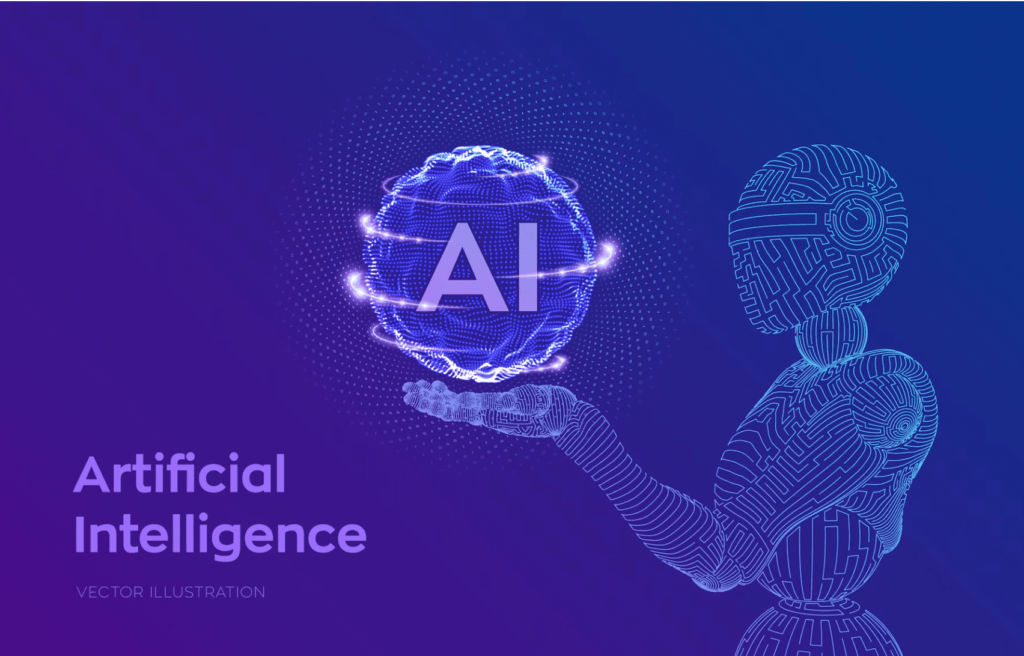Artificial Intelligence (AI) is an interdisciplinary field that involves creating intelligent machines that can perform tasks that usually require human-level intelligence, such as recognizing speech, understanding language, making decisions, and visual perception. AI is rapidly advancing, and it has become an essential tool for businesses, governments, and individuals around the world. In this blog, we’ll explore what AI is, how it works, and its potential impact on society.
What is Artificial Intelligence?
Artificial Intelligence is a field of computer science that is concerned with the creation of intelligent machines that can perform tasks that would typically require human-level intelligence. AI is typically classified into three categories: narrow or weak AI, general or strong AI, and superintelligence.
Narrow or weak AI is designed to perform a specific task, such as playing chess, detecting fraud, or recognizing faces. General or strong AI, on the other hand, is designed to perform any intellectual task that a human can. Finally, superintelligence refers to AI that surpasses human intelligence in all areas.
How does AI work?
AI works by using algorithms to analyze large amounts of data and identify patterns or relationships. These algorithms can then be used to make predictions, classify data, or make decisions based on the data they’ve analyzed. Some of the most popular AI techniques include machine learning, deep learning, natural language processing, and computer vision.
Machine learning involves training algorithms on large datasets and using them to make predictions or identify patterns. Deep learning is a subset of machine learning that involves training artificial neural networks on large datasets to perform tasks such as speech recognition, image recognition, or natural language processing. Natural language processing is a field of AI that focuses on teaching machines to understand and interpret human language. Finally, computer vision involves training machines to recognize and understand images and videos.
The potential impact of AI
AI has the potential to revolutionize many industries, from healthcare and finance to transportation and manufacturing. AI-powered technologies can improve efficiency, reduce costs, and provide valuable insights that can help businesses make better decisions.
However, AI also raises some important ethical and societal concerns. For example, AI could lead to job displacement, as machines become capable of performing many tasks currently done by humans. AI could also perpetuate existing biases in society, as algorithms may be trained on biased data and perpetuate those biases.
Conclusion
Artificial Intelligence is an exciting and rapidly evolving field that has the potential to transform many industries and improve people’s lives. However, it’s important to carefully consider the ethical and societal implications of AI as it becomes more ubiquitous. As AI continues to evolve, it will be essential to ensure that it’s being used in a responsible and ethical way.

